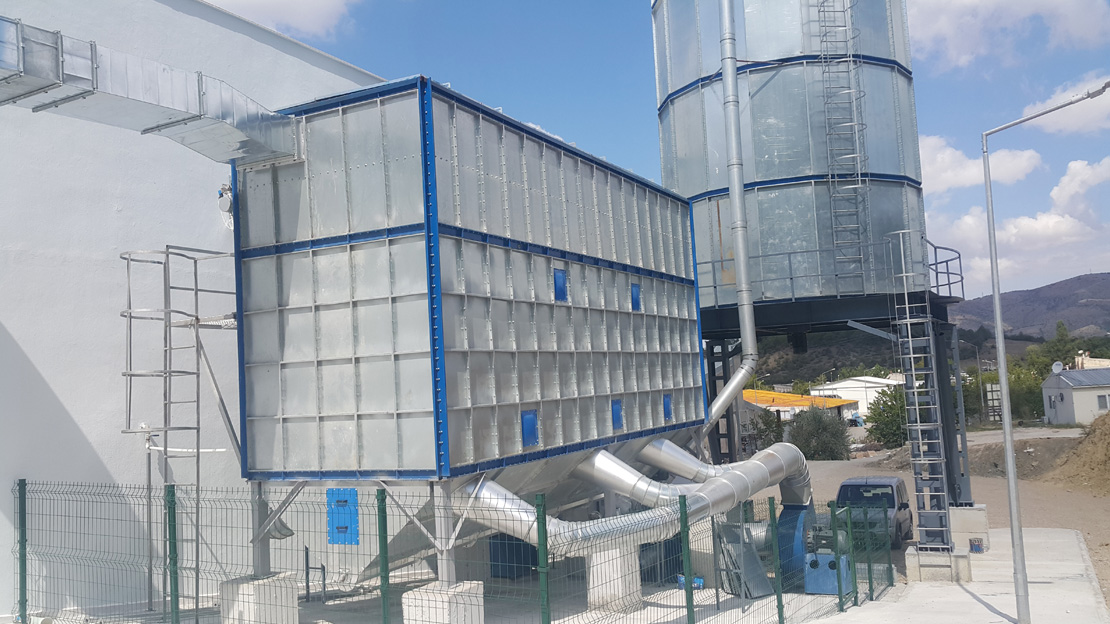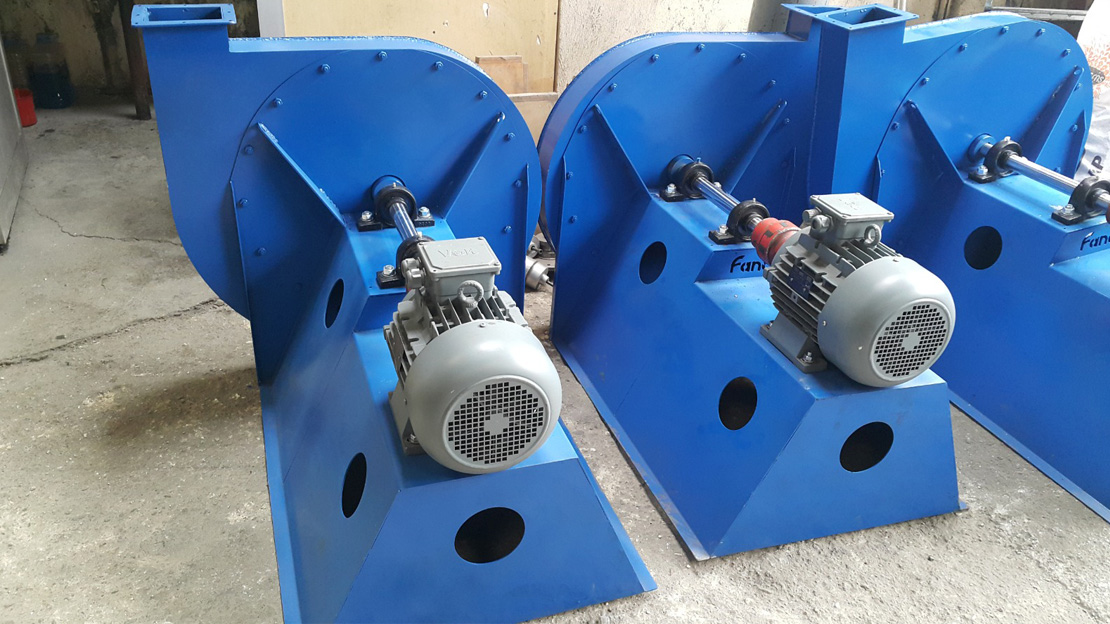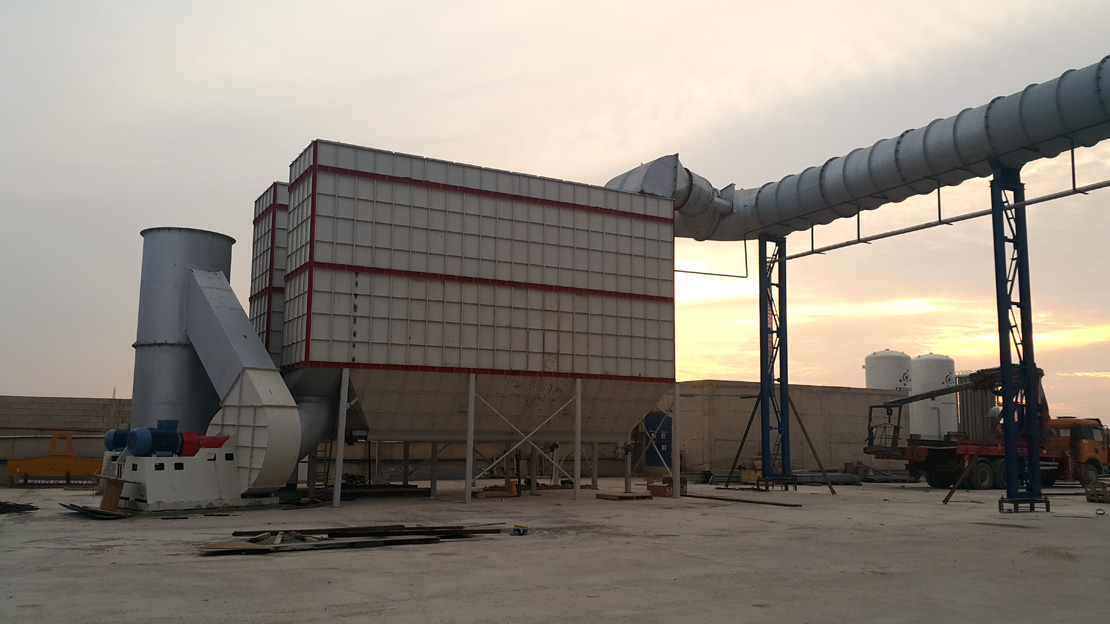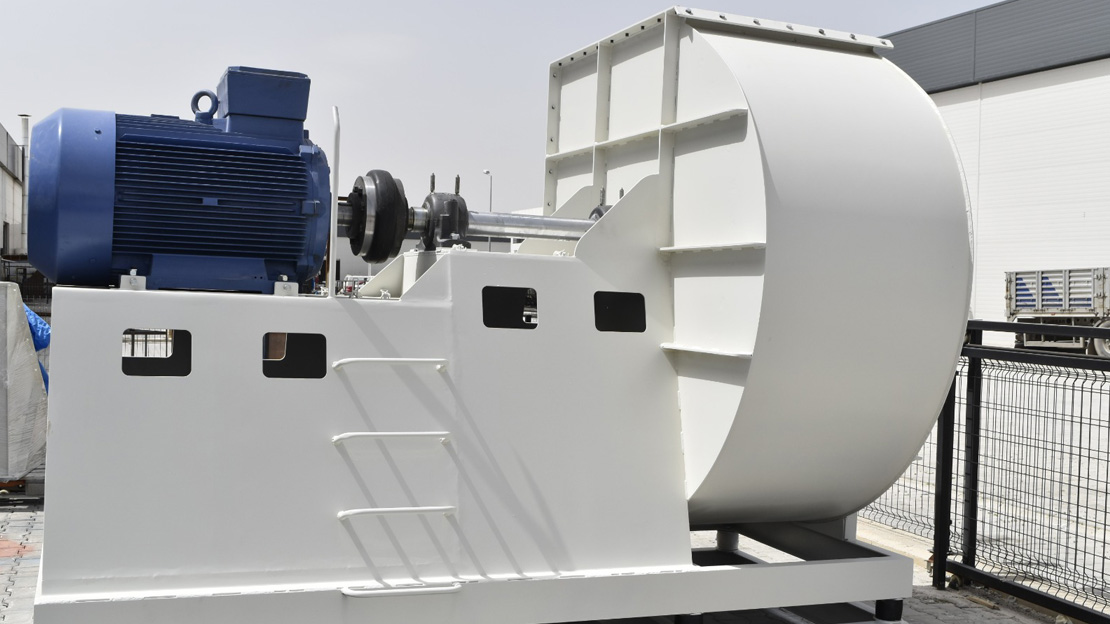








How is Fan Manufacturing Made? Selecting the appropriate fan can be complex and should be done by a ventilation or fan specialist. However, you can make the following observations to determine whether the selected fan is suitable: Material processed by fan If the exhaust air contains a small amount of smoke or dust, a backward curved centrifugal or axial fan should be selected. If the exhaust air contains light dust, smoke or moisture, a backward curved or radial centrifugal fan is preferred. If the particle load in the exhaust air is high or when transporting material, the normal choice would be a radial centrifugal fan. If the exhaust air contains explosive or combustible material, the spark proof structure (explosion proof motor if the engine is in the air stream) must be selected to comply with National Fire Protection Association standards and state government regulations. If the exhaust air contains corrosive contaminants, it may be necessary to use a fan with a protective coating or made of special materials (stainless, fiberglass, etc.). airflow temperature Fans that handle high-temperature exhaust air must be made of materials and components that are resistant to high temperatures. Capacity and physical limitations You may or may not know how much air the fan has to move. You may also not know the amount of resistance the fan in the exhaust system has to overcome and what the fan efficiency is. However, the following general information may be helpful:
Fan size should be determined based on performance requirements. Inlet size and location, fan weight, and ease of maintenance must also be considered. The most efficient fan size may not fit in the available physical space. For packaged fans, the motor is furnished and assembled (direct driven) by the manufacturer. In larger units, the motor is mounted separately and connected directly to the fan or indirectly via a belt drive. Direct Drive fans offer a more compact installation and provide constant fan speed. Fan speeds are limited by available motor speeds. Capacity is determined during construction. Belt Driven fans offer flexibility in setting fan speed. Speed can be changed by changing the driving ratio. This flexibility can be important in some applications where there is a need to accommodate changes in system capacity or pressure requirements as determined by process changes, hood design, equipment location, or air cleaning equipment. Normally it is customary to choose a fan that can deliver the required air flow (volume and pressure) at no more than 80% of its full rated speed. However, the selected engine must be able to handle the horsepower required to reach this rated speed (ie a 20% speed increase). Safety Safety guards are required for all danger points such as entry, exit, shaft, drive and cleaning doors. Construction must comply with applicable state government safety requirements.
Bu site çerezler kullanır. Sitede gezinmeye devam ederek çerezlerimizin kullanımını kabul etmiş olursunuz.
Daha fazlası